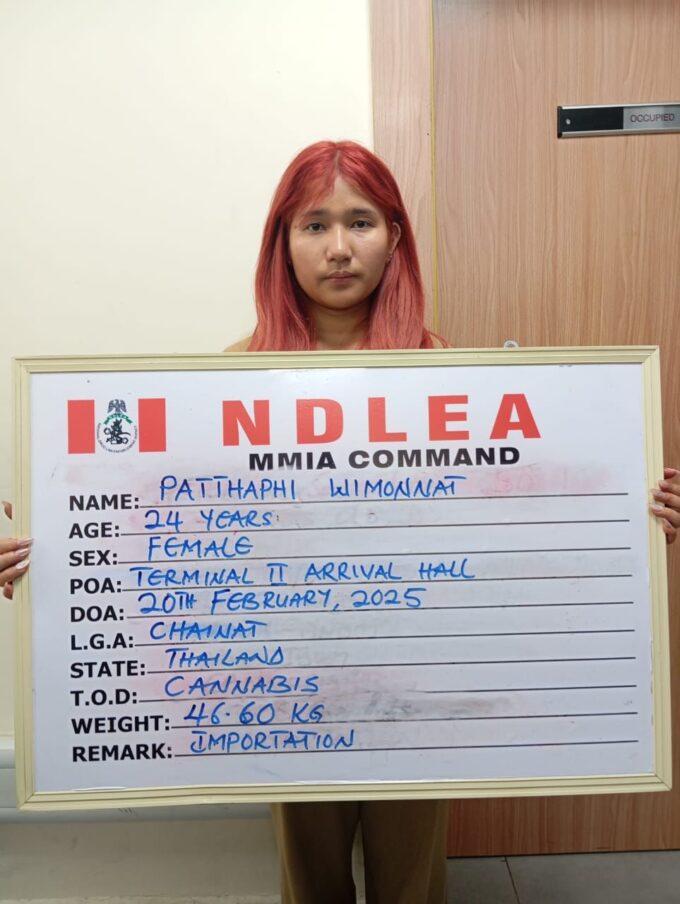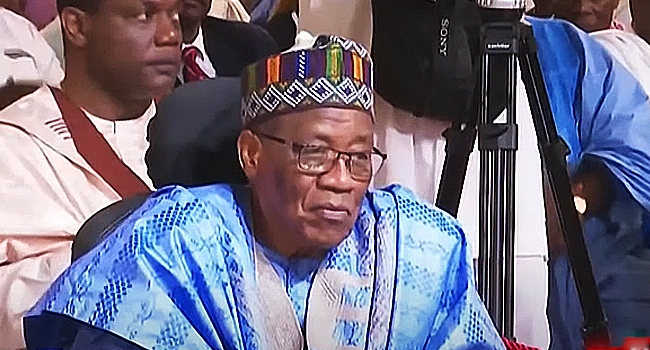The National Counterterrorism Centre, Office of the National Security Adviser (NCTC-ONSA) and United Nations Office of Counter-Terrorism (UNOCT), have advocated the involvement of youths in countering violent extremism and terrorism in Nigeria.
This advocacy was made at the opening of a two-day National Policy Dialogue tagged, ‘’Youth Engagement and Empowerment Programme (YEEP)’’, organised by UNOCT in collaboration with ONSA, on Tuesday in Abuja.
The National Coordinator, NCTC-ONSA, retired Rear Adm. Yaminu Musa, said that the dialogue was aimed at fostering meaningful engagement with young people for a safer and more resilient communities.
Musa noted that the Federal Government’s firm stance on counterterrorism measures over the years had focused on policies and strategies aimed at addressing the root causes of violent extremism.
He said that the government believed that eliminating extremism would lead to ending terrorism, adding that the foundation of terrorism was radicalisation.
He also said that convening the national dialogue with the collaboration of UNOCT was an essential step towards facilitating the whole-of-government and whole-of-society approach.
This, according to him, is part of efforts to provide the needed coalition to rid the country of terrorist activities and ensuring safe and resilient communities.
”So the objective of the programme is to increase the resilience of our young people against violent extremism and recruitment into terrorists groups.
”Youth empowerment remains therefore a veritable means to allay our grievances, make us to be part of the process, fast track development and engender a sustainable peace in Nigeria and the world globally.
”To this end, youths must be empowered economically and educationally because, education for instance, is critical to any role young people might play in violent extremism,’’ he said.
The Chief of PCVE Section, UNOCT, Ms Denise Lifton, said the dialogue was an opportunity to provide support to the future leaders who could shape a more positive and collaborative world.
Lifton called for constructive engagement between the youths, national authorities and civil society representatives on how to prevent violent extremism and their role in these efforts.
She said the world was currently confronted with growing global instability, reduced social cohesion and threat of terrorism and violent extremism.
According to her, terrorist and violent extremist groups have continued their efforts to recruit and radicalise people both offline and online.
”This includes through the use of social media, messaging and gaming platforms to target vulnerable young people who are spending significant amounts of time online.
”With the pandemic further isolating vulnerable populations, terrorists seek to explore through the spread of propaganda and recruit through social polarisation and political and cultural manipulation.
”The challenge of violent extremism across the globe and in Africa continues to be a source of concern for us all,’’ she said.
The Speaker, Nigerian Youth Parliament, Dr Azeezat Yishawu, said that young people were the greatest victims of violent extremism because of their vulnerability.
Yishawu noted that youths were easily recruited or co-opted because of lack of education and skills, adding that only rich people could afford to purchase the kind of weapons being used by the terrorist.
She said that the factors that sustain insecurity varied in different parts of the country, adding that there was need to address the root causes, to get it right.
She urged the government to put in place workable strategies and policies to address insecurity in the country.
The Special Adviser to the President on Policy and Coordination, Hadiza Bala-Usman, represented by Dr Sanusi Ohiare, said there was need for active engagement of young people in countering violent extremism and terrorism.
Bala said the youths remained the beacon of hope for the future of the country, urging youth leaders to increase efforts in the fight against extremist ideologies in Nigeria.
”The challenges we have in terms of national and regional security demands strategic partnership which aligns with President Bola Tinubu’s unwavering commitment to fortifying our national security architecture.
”This government remains committed in its resolve to eradicate the scourge of terror, kidnapping, banditry and all forms of violent extremism from the fabrics of our society,’’ she said.














